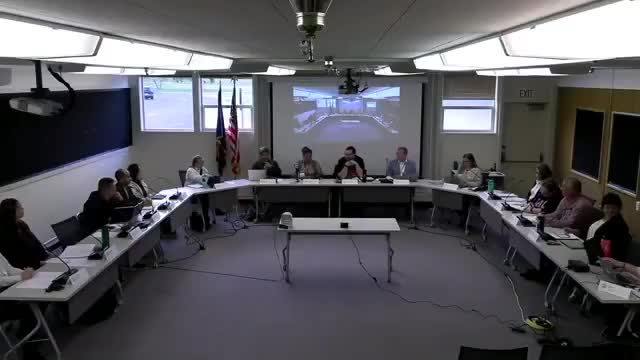Article not found
This article is no longer available. But don't worry—we've gathered other articles that discuss the same topic.
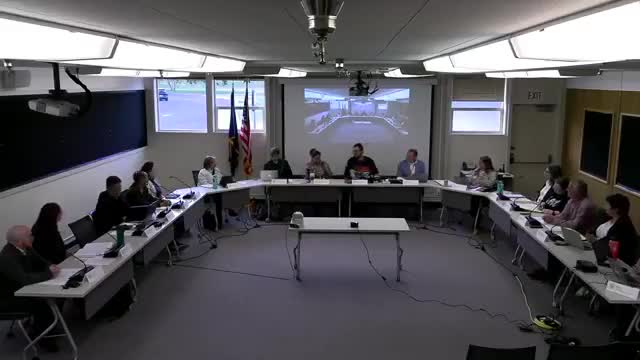
Budget committee, staff clarify authority: committee cannot unilaterally restore positions or spend without appropriation
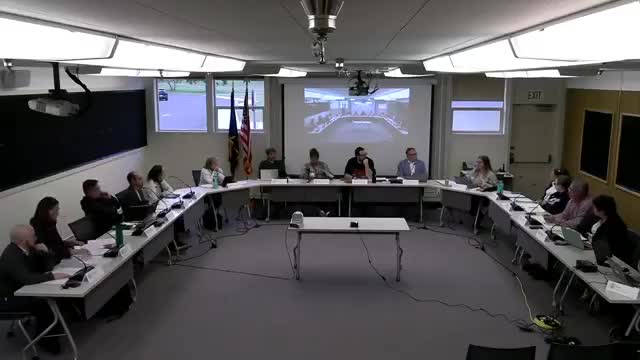
District demographer data: multifamily units produce fewer students than single-family; affordable housing yields higher child generation rates
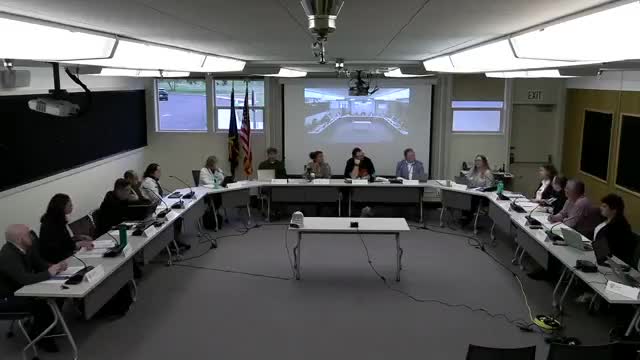
Committee hears community concern as music minutes and FTE are reduced; cost to restore estimated at roughly $550,000
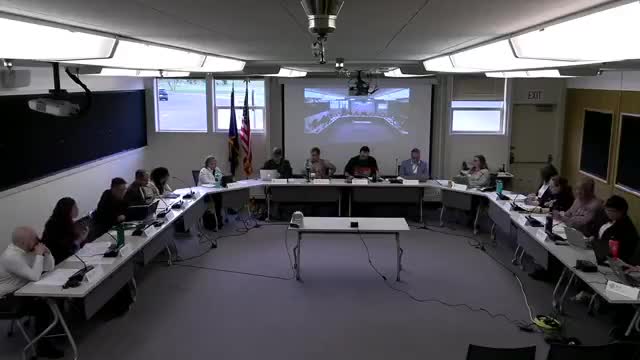
District staff explain limits on using reserves: unappropriated funds largely inaccessible
